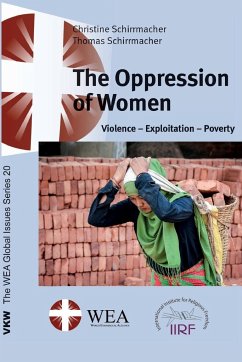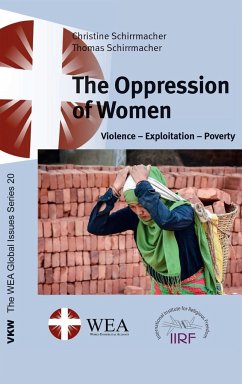Acts of sexual violence are also acts committed with impunity. Those who commit them do not consider their actions consequential, and this is as true of perpetrators in the social realm, as it is of state actors. Such impunity is sustained by what it refuses: shared humanity and the recognition of suffering. Yet throughout history impunity to do with sexual violence has been challenged by fearless, just and compassionate speech, in courts of justice and outside of it. Those who did do, and continue to do so, not only advance a politics of accountability but also an ethics of recognition, of suffering and hurt. This book explores the contours of such politics and ethics in the modern South Asian context. It takes a historical lens to our collective struggles with sexual violence and the question of impunity, and builds an archive of speech, partial silence and of the unspeakable, from the mid-nineteenth century to the present. It examines closely explicitly feminist responses from the region: drawing from the latter, it suggests that sexual violence and the impunity it claims for itself are best understood in the manner they relate to the sexual everyday in our cultures.








